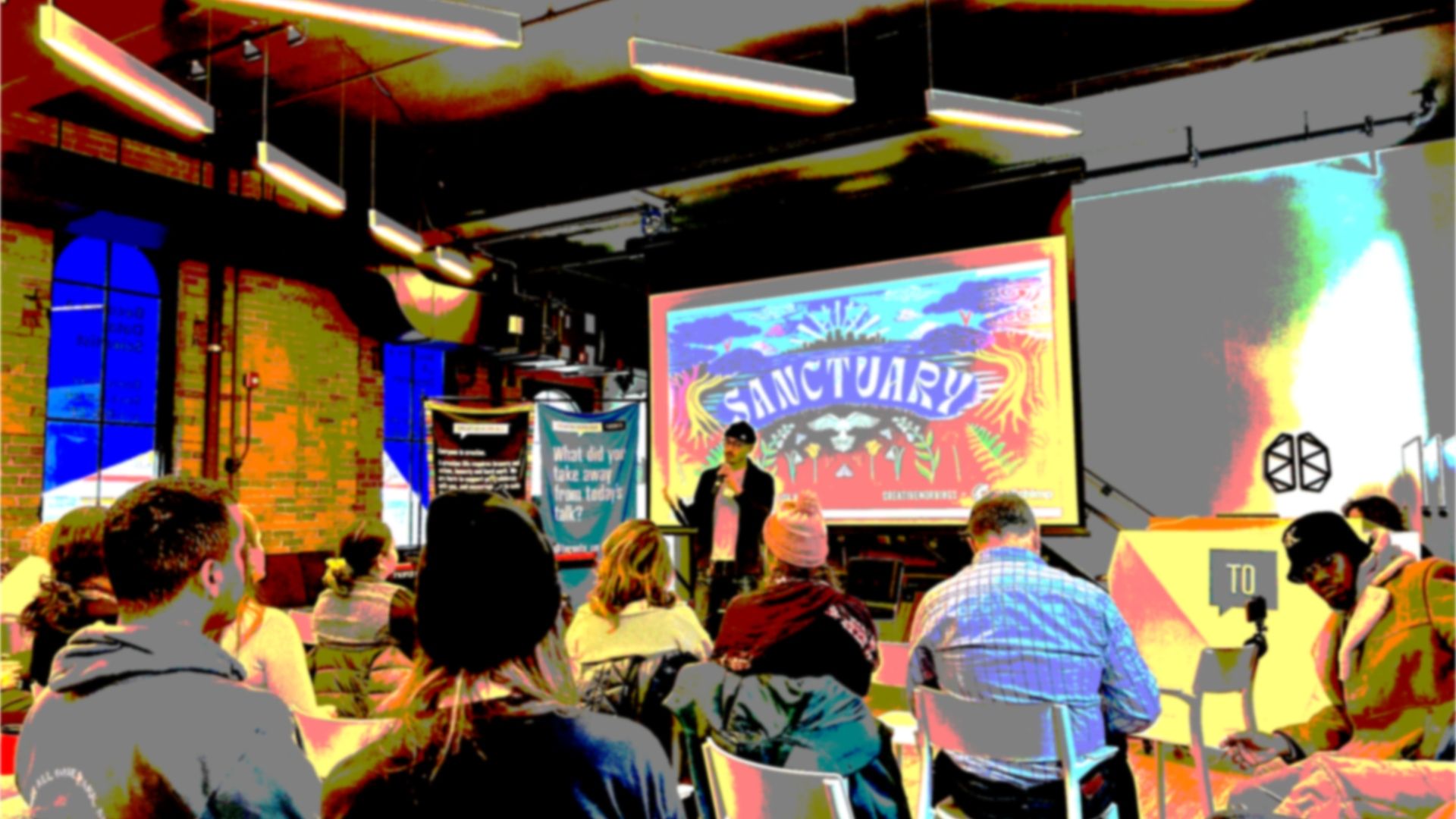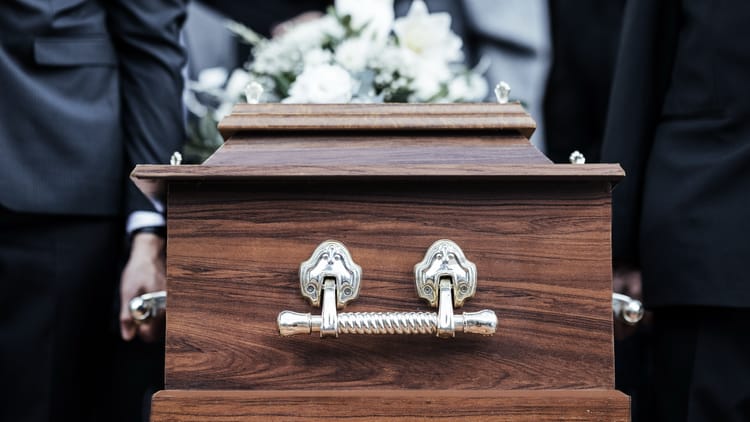Secular Liturgies Leave Me Longing for More

I attended a meeting for creatives in downtown Toronto last Friday.
Get a group of people together — sixty or so in this case — and it’s fascinating to watch what happens. I was reminded of how James K.A. Smith describes cultural practices that serve as rival liturgies, forming us to see the world in a particular way without being aware of the ways in which we’re being influenced.
We have to learn to exegete the rituals we’re immersed in. We need to become anthropologists who try, in some way, to see our familiar surroundings with apocalyptic eyes so we can recognize the liturgical power of cultural rituals we take for granted as just “things we do.” Pastors need to be ethnographers of the everyday, helping parishioners see their own environment as one that is formative, and all too often deformative. (You Are What You Love)
The meeting for creatives functioned similarly to a church service.
I entered the meeting space and registered. Immediately, I was invited to put on a name tag and help myself to food, just as I, at church, often invite people to help themselves to coffee and snacks. We waited for the meeting to begin, talking awkwardly to those seated near us.
When the meeting started, we were welcomed. The leader read a manifesto — a statement of faith — to us. “We believe in the power of community. We believe in giving a d- - -. We believe in making connections, in learning from others, in hugs and high fives.”
Other elements of a liturgy were in place as well. We enjoyed special music. We were invited to share with our neighbors. We listened to a speaker, who ended with a call to action: to follow your dreams, make yourself the target market of your work, be brave, overcome obstacles, and live for yourself.
After a Q&A, we were dismissed.
I experienced everything that one might in a church service: community, music, a set of beliefs, a sermon, application, and a commission. The message being proclaimed is one we encounter every day, one that Trevin Wax describes in his book This Is Our Time: “The point of life is this: to be yourself, you need to discover what makes you feel happy, what is ‘right’ for you, and then go for it.”
As Wax points out, many Christians believe this as well:
No wonder Christianity’s historic emphasis on glorifying and enjoying God has fallen by the wayside, to be replaced by a therapeutic, human-centered message of self-fulfillment. No wonder Christian morality seems so out of step these days. After all, seen in this light, Christian teaching gets in the way of personal fulfillment.
I left the meeting aware of the ways that we’re being formed without knowing it. I felt sad that the gospel of self-fulfillment and self-empowerment is so commonplace and unsatisfying. I long for more: for a higher purpose than my own satisfaction, a truer compass than my own feelings and intuitions, a better way to deal with what’s wrong with my soul.
It made me long for Sunday: for truths that have stood the test of time, that challenge and give hope, that orient us to something and Someone bigger than ourselves, and that offer a solution to what’s really wrong with our souls.
We’re being formed by the secular liturgies around us, but they leave us unfulfilled, longing for more. Let’s spot them, name them, resist them, and help others do the same. And let’s offer something that’s far better.
We’re being formed by some liturgy. Let’s not settle for the one that leaves us hungry. We need and have something far better for our souls.





